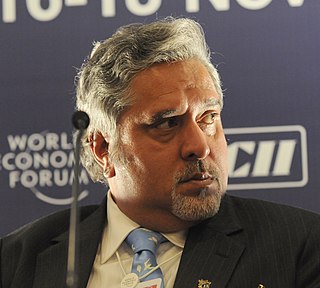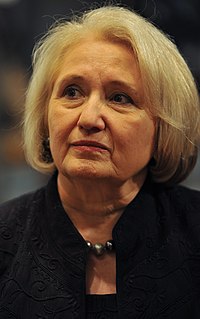A Quote by Chris Grayling
European businesses will want to retain free-trade access to the U.K. - their biggest export market.
Related Quotes
There are over 20 federal agencies that provide some, or all, of the steps in the export process. This can paint a very confusing and intimidating picture for small companies who often don't have designated export officials or trade representatives on staff to navigate the process for their businesses.
Fair Trade is a market-based, entrepreneurial response to business as usual: it helps third-word farmers developing direct market access as well as the organizational and management capacity to add value to their products and take them directly to the global market. Direct trade, a fair price, access to capital and local capacity-building, which are the core strategies of this model, have been successfully building farmers' incomes and self-reliance for more than 50 years.
I want completing the single market to be our driving mission. I want us to be at the forefront of transformative trade deals with the US, Japan and India as part of the drive towards global free trade. And I want us to be pushing to exempt Europe's smallest entrepreneurial companies from more EU directives.
We must recognise that in a globalised world, we cannot remain insulated from external developments. India's trade performance in the current year has been robust, surpassing pre-crisis export levels and pre-crisis export growth trends. We have diversified our export baskets and our export destinations.
As South Korea shows, active participation in international trade does not require free trade. Indeed, had South Korea pursued free trade and not promoted infant industries, it would not have become a major trading nation. It would still be exporting raw materials (e.g., tungsten ore, fish, seaweed) or low-technology, low-price products (e.g., textiles, garments, wigs made with human hair) that used to be its main export items in the 1960s.
The great virtue of free enterprise is that it forces existing businesses to meet the test of the market continuously, to produce products that meet consumer demands at lowest cost, or else be driven from the market. It is a profit-and-loss system. Naturally, existing businesses generally prefer to keep out competitors in other ways. That is why the business community, despite its rhetoric, has so often been a major enemy of truly free enterprise.

































